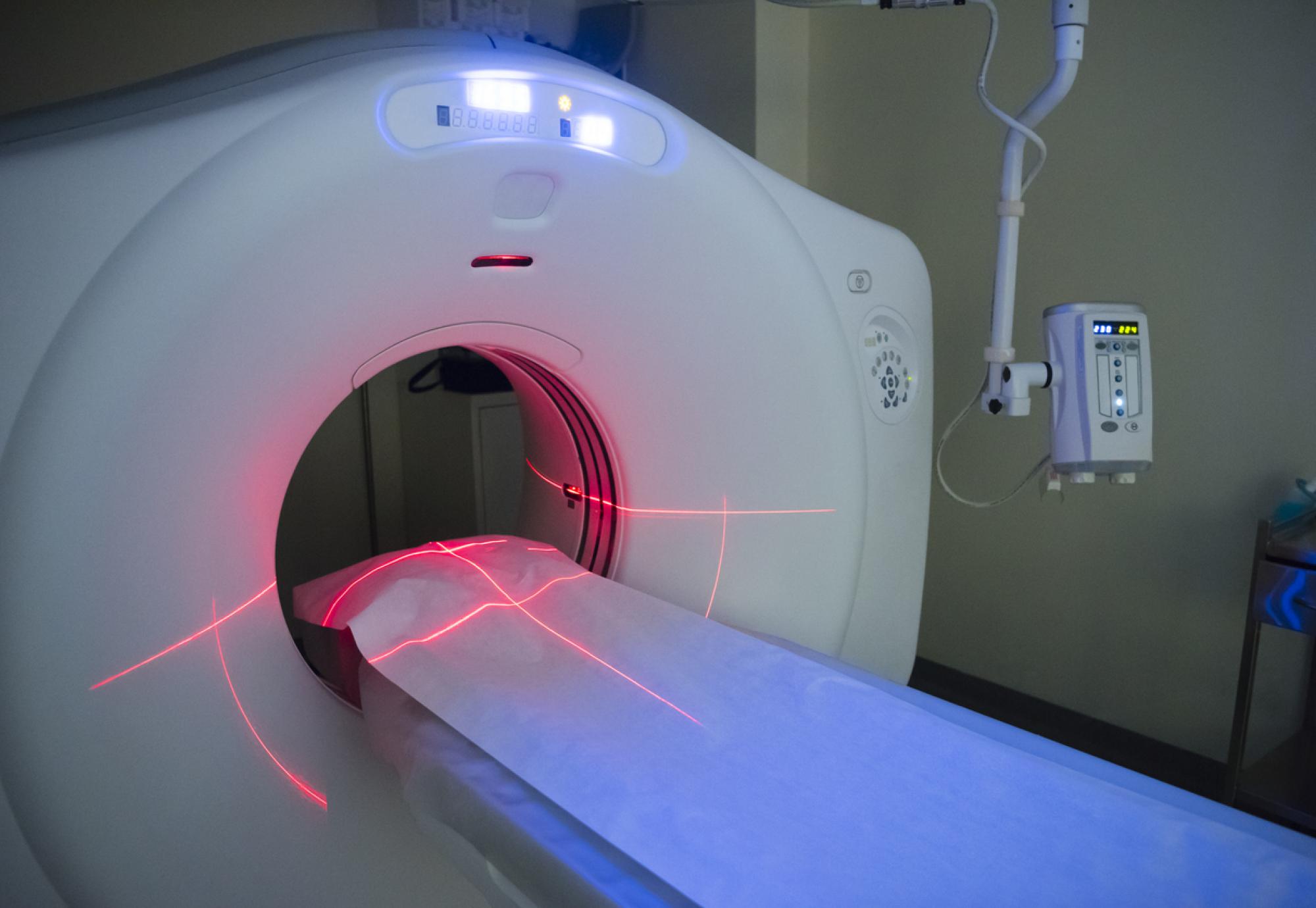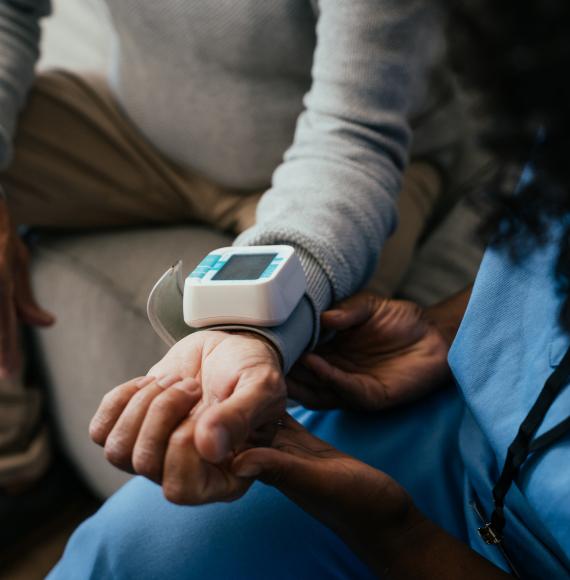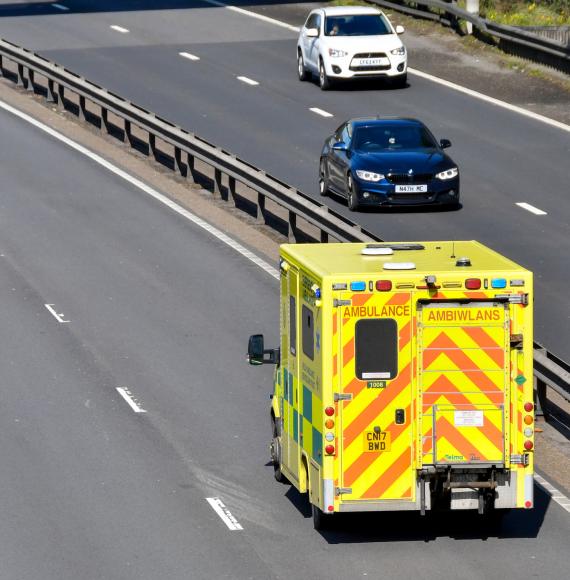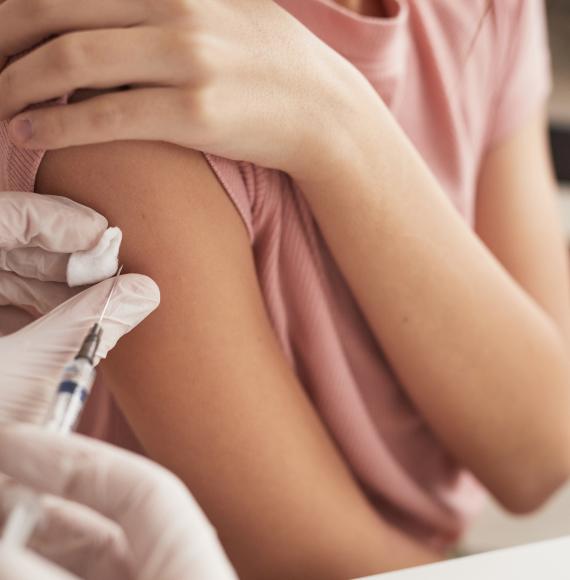In a significant advancement for medical imaging, a new total-body PET scanner has unveiled by Ministers in London. This state-of-the-art technology promises quicker, higher-quality imaging, facilitating faster and earlier diagnosis and treatment of critical illnesses such as cancer and heart conditions.
Positron emission tomography (PET) is a non-invasive imaging technique that detects diseases early in their development. The new total-body PET scanners can scan the entire body without repositioning the patient multiple times, reducing radiation exposure and making the technology accessible to more people, including children. These scanners can potentially scan 50% more patients per day than standard PET scanners and can detect early signs of various conditions, including cancer, neurological, cardiovascular, and musculoskeletal diseases.
The new scanner, one of three set to become operational in the UK, boasts up to 40 times greater sensitivity and operates up to 10 times faster than existing PET machines. This leap in technology means patients can receive quicker diagnoses and more detailed whole-body scans, enhancing the overall quality of healthcare. Additionally, researchers will gain unparalleled insights into human biology, paving the way for groundbreaking medical advancements.
Patient Experience and Benefits
Sarah Corfield, a stage 4 melanoma patient at Guy’s and St Thomas’ Hospital, was among the first to experience the new scanner. Reflecting on her experience, she noted the improvements:
“I’ve had so many PET scans, so I’m very used to the experience. Previously, the scans would take 30 minutes, the bed was very hard and the scanning table would move in and out, capturing the different images. It could be quite noisy, too.
“The new scanner was a good experience – it felt very open, and not at all claustrophobic. It was much quicker – I was done in 15 minutes, and they told me the images were much higher quality.”
National PET Imaging Platform (NPIP)
The scanner will contribute to the National PET Imaging Platform (NPIP), a new initiative aimed at building a comprehensive data bank from patients across the UK. This platform will enhance diagnosis and support researchers in understanding diseases better, ultimately aiding in the development of new medicines.
Government Support and Future Plans
The new scanner at St Thomas’ Hospital, co-managed by King’s College London and Imperial College London, is the first government-funded system to become operational. Science and Technology Secretary Peter Kyle and Health Secretary Wes Streeting officially unveiled the scanner today. Another machine is set to launch in Edinburgh soon.
The Science and Technology Secretary emphasised the importance of such advancements:
“Cutting-edge scanners like these and the intelligence they provide can help UK patients live longer, healthier lives while easing the pressure on our NHS.
“Ultimately, these kinds of medical advancements will quite literally save lives - through earlier detection, faster diagnoses and more effective treatment in complex illnesses like cancer, dementia and heart disease.
“Ensuring our world-leading researchers have access to the most advanced technology is key to them unlocking the next medical breakthroughs, in turn improving the lives of people across the UK and beyond, while also growing our economy.”
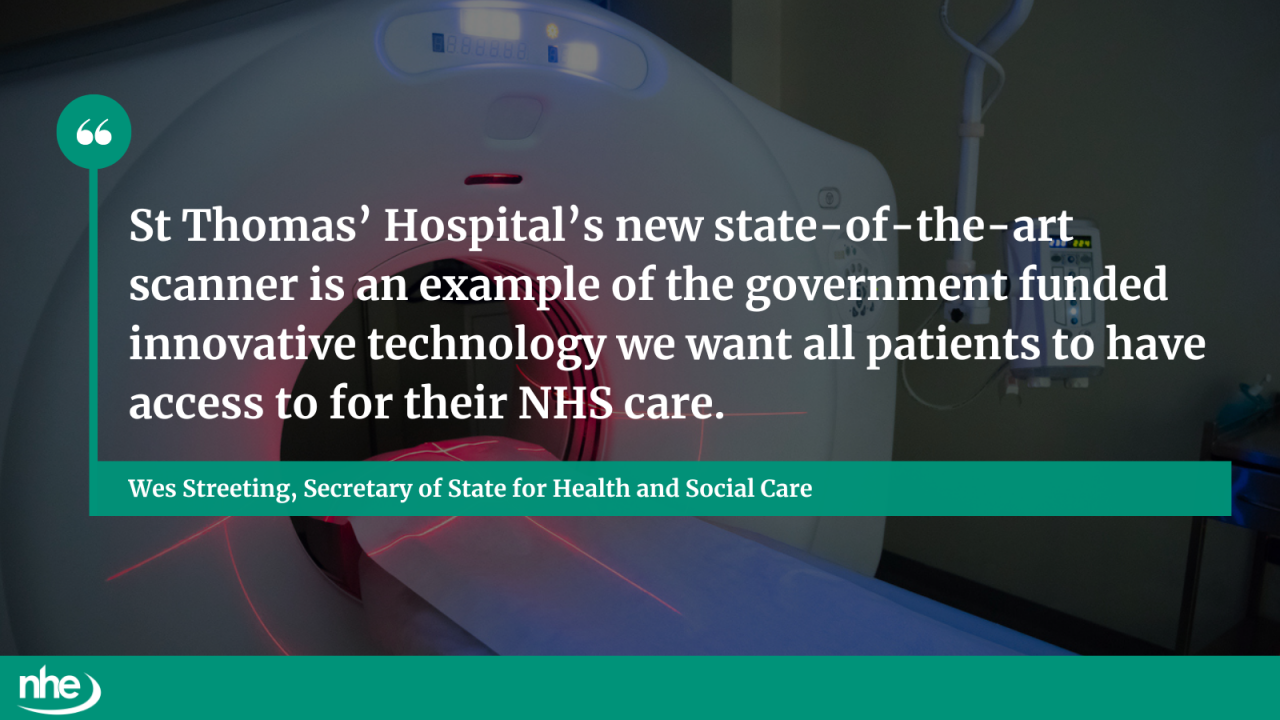
Health Secretary Streeting also added:
“St Thomas’ Hospital’s new state-of-the-art scanner is an example of the government-funded innovative technology we want all patients to have access to for their NHS care.
“This scanner can diagnose conditions quicker and provide more personalised care for patients.
“Through our 10 Year Health Plan we will ensure that the NHS is made fit for the future, shifting the focus from analogue to digital, hospital to community and sickness to prevention, so that we can all receive care that is timely and effective.”
Investment and Future Impact
The NPIP, operated by the UK’s Medicines Discovery Catapult in partnership with the Medical Research Council and Innovate UK, is funded through a £32 million investment from the UKRI Infrastructure Fund. The first two total-body PET scanners will demonstrate the infrastructure's cost-effectiveness in supporting UK healthcare, clinical research, and accelerating disease detection, diagnosis, and treatment.
This new technology marks a significant step forward in medical imaging, promising to enhance patient care and support the UK’s healthcare system in delivering timely and effective treatments.
Image credit: iStock

